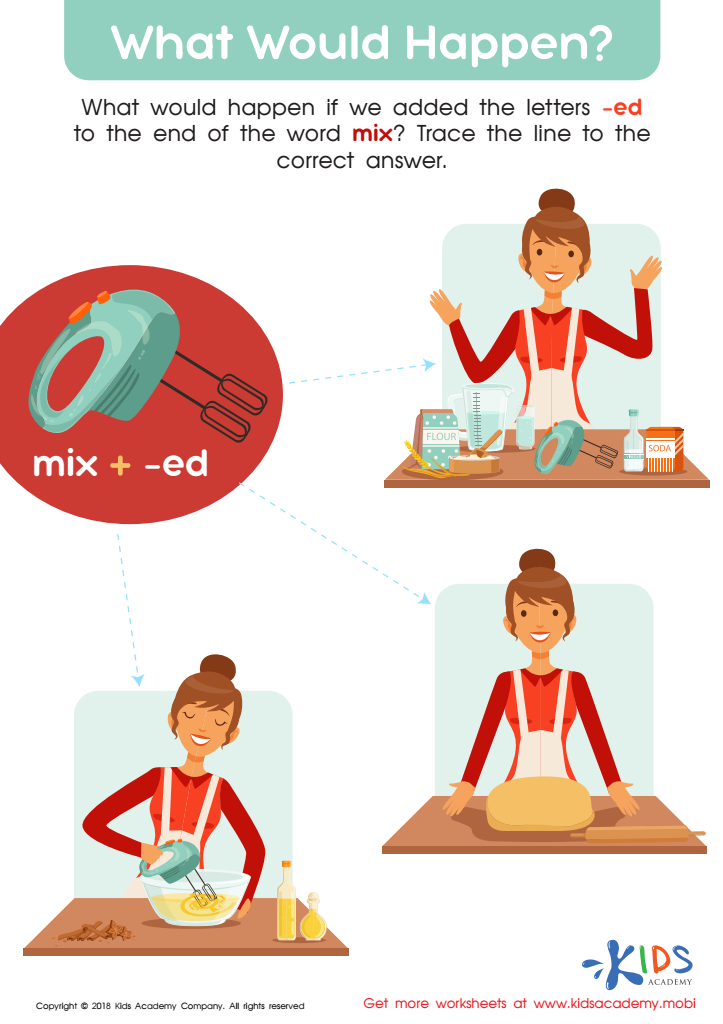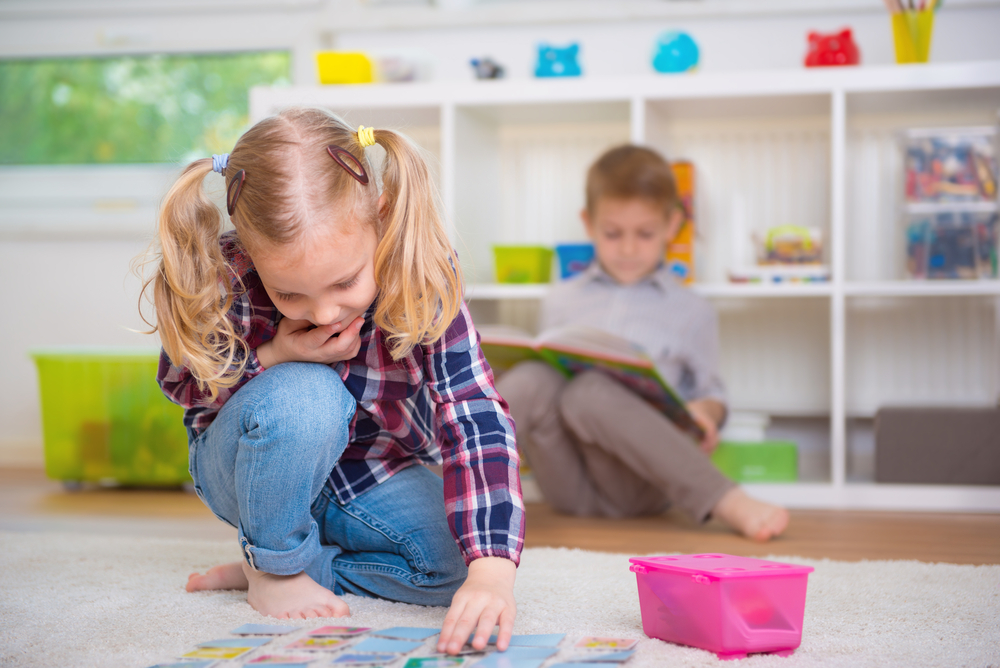Hypothesizing outcomes Worksheets for Kids
1 filtered results
-
From - To


What Would Happen? Worksheet
Question/Answer
How to train the Hypothesizing outcomes skill in Grade 1 students learning about Grammar?
To train the Hypothesizing outcomes skill in Grade 1 students learning about Grammar, engage them in simple predictive activities. For example, provide a sentence starter and ask students to predict how the sentence might end, focusing on different grammatical structures (e.g., changing verbs, nouns). Utilize storyboarding or picture sequences to visually support their predictions, reinforcing understanding of grammatical concepts.
How to test a Grade 1 student’s Hypothesizing outcomes skills?
To test a Grade 1 student's hypothesizing outcomes skills, present them with simple, everyday scenarios or problems, and ask them to predict what might happen next. For example, show them a picture of a glass about to fall off a table and ask what they think will happen if it falls.
How does the mastery of the Hypothesizing outcomes skill affect a student's performance at an early age?
Mastery of the Hypothesizing outcomes skill at an early age significantly enhances a student's critical thinking and problem-solving abilities. This skill allows students to predict and evaluate possible results of actions or phenomena, fostering a deeper understanding of cause and effect.
 Assign to the classroom
Assign to the classroom











